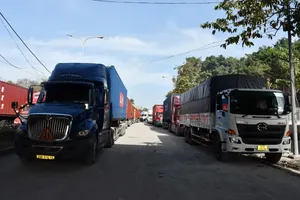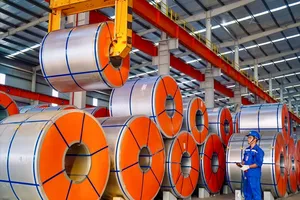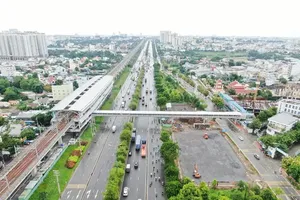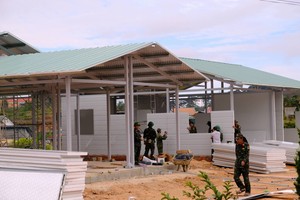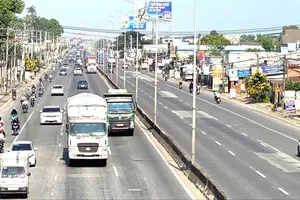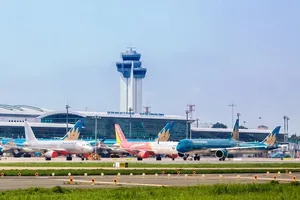Ho Chi Minh City and other big cities in Vietnam are facing a serious shortage of unskilled laborers, while unemployment rates in provinces remain high as job-seekers don’t want to travel far and salaries don’t cover escalating living costs.
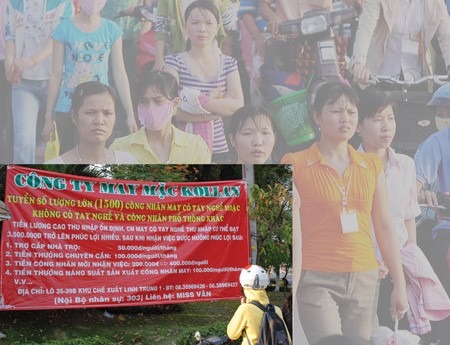
A recent report from the Ministry of Labor, Invalids and Social Affairs said more than 133,000 people were currently unemployed in Vietnam, accounting for 18 percent of the total workers in reported businesses last year.
Meanwhile, enterprises and employment service centers in HCMC, Hanoi, Da Nang and Hue cities, and key economic regions have failed to find enough laborers since January. Thus, they have gone directly to remote areas to find workers.
Though recruiters have offered relatively high salaries of over VND2 million (US$105) per month with free accommodation and meals, laborers are still not enticed.
Ngoc Lien, deputy director of HCMC’s HEPZA Employment Service Center, said, “Jobless workers in Mekong Delta provinces have refused to work in HCMC because many newly opened factories and industrial parks in their hometowns are recruiting workers and offering the same salaries as in the city.”
Nguyen Thi Hai Van, director of the National Center for Labor Market Forecasting and Information, said that previously there were not many jobs available in rural areas while incomes were high in urban areas. Laborers thus flocked to cities to work.
But now, workers in northern and central provinces can find jobs right in their hometowns or neighboring provinces where many factories have come into operation, Ms. Van said.
A labor expert said salaries are being paid at rates closer and closer to labor value and therefore, young people are not interested in working in factories anymore. Instead, they have begun to work in the service sector, as housekeepers, or run their own small businesses.
With such jobs, they can earn VND80,000-120,000 per day without any education or skill requirements. Moreover, they are not subject to strict discipline from their employers and usually do not have to work overtime, the expert said.
In addition, with more and more job opportunities in service and sales sectors, and State-owned companies offering higher salaries than foreign-invested ones, more workers have been leaving industrial parks and export processing zones.
Most former employees of factories, industrial parks and export processing zones in HCMC said they had changed jobs or returned to their hometowns in central and northern provinces because living costs have hiked continuously while salaries of VND2-2.5 million ($105-132) per month couldn’t cover their house rent, water, electricity bills, and other necessities.
They said five years ago with salaries of VND1.5-2 million ($79-105) per month, they could make ends meet or even save money.
At present, despite salaries being raised by VND1 million per month, most can’t afford to live in the city since prices of many consumer goods, especially food, have increased by two to three times, they added.
Chasing profits, neglecting workers
Low labor costs and a young labor force have attracted foreign companies to invest in Vietnam. However, foreign as well as local investors have aggressively chased after profits, often bleeding laborers dry while neglecting their needs.
Authorities, meanwhile, have focused only on the progress and outcome of developments in order to attract more investment, largely disregarding investors’ provisions for workers such as basic accommodation.
Six years ago when the inflow of foreign direct investment capital into the country was low, to attract investment some local authorities promised investors land to build dormitories for workers and kindergartens for their children.
To date, however, most workers lack adequate housing and childcare.

